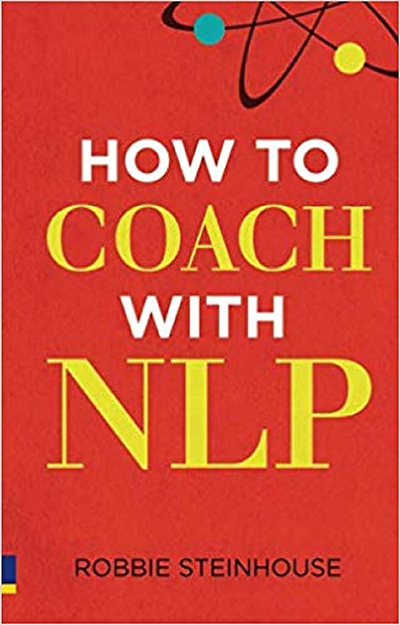Being Perfect Is The Problem!
Why do so many of us feel we need to be perfect?
Psychologist Carl Rogers emphasized the importance of self-acceptance and being enough rather than striving for an unachievable perfection. He also highlighted the significance of unconditional positive regard, both for ourselves and for others.
Perceiving ourselves as good enough involves accepting and valuing who we are, rather than connecting that value to our successes or failures. In NLP we say there is no such thing as failure only feedback – we need to learn from things that didn’t work, rather than feeling fearful of failing again. Through this process, we can build a foundation of self-worth that is both kinder and more effective.
.
If Not Now, When?
Oftentimes clients will tell me that they can’t start X thing until Y situation is different. This usually means that they are holding back starting something in the problematic belief that until conditions are near perfect their project is likely to fail.
My belief is pretty well the opposite – the only way to successfully innovate is to repeatedly get things wrong, so I can then learn how to get this right. That is how we learnt to walk, and we need to remember that the only way to learn effectively is to tolerate things going repeatedly wrong. However, the need for perfection stifles this essential process.
All incredible inventions and advancements in history came from individuals who were willing to embrace imperfections, learn from failures, and persevere.
It’s worth adding the idea of NLP ‘parts’ into the mix here too – the idea that our personality is made up of a number of different (and competing) parts. I find that reminding the client they have access to other parts of themselves, in addition to being perfect, can open up resources and options that were previously blocked. This simple reframe is sometimes all that is required and the client is able to get a project off the ground.
I believe each of us has a secret wish that life should be perfect – who wouldn’t! The key is learning to realise that it isn’t and to push through the historic pains we may experience when things go wrong, so they can finally go right.
Did you like this post?
Then check out our events and courses
Sign up to our e-learning
Where to find us
For posts, events, free open days and more, follow NLP School on:
Where to find Robbie
LinkedIn: Robbie Steinhouse









